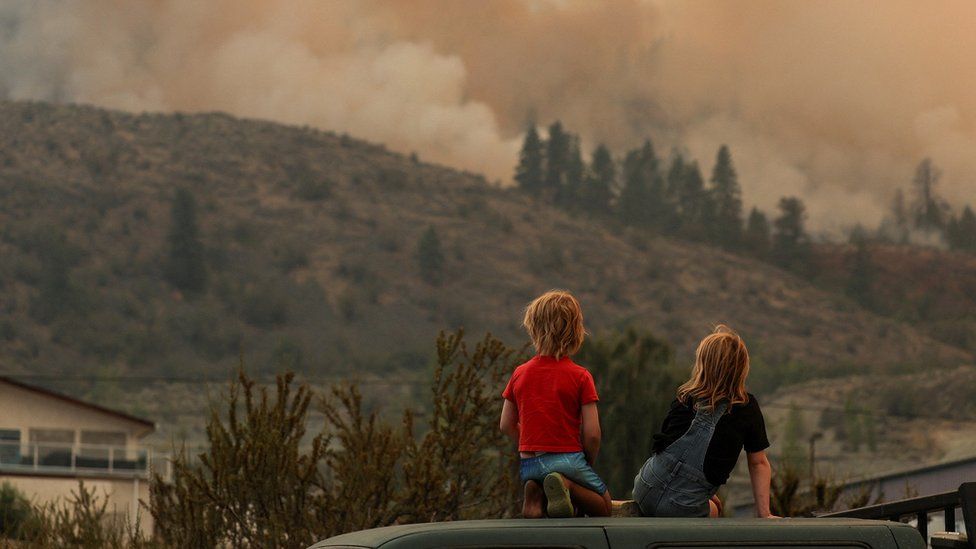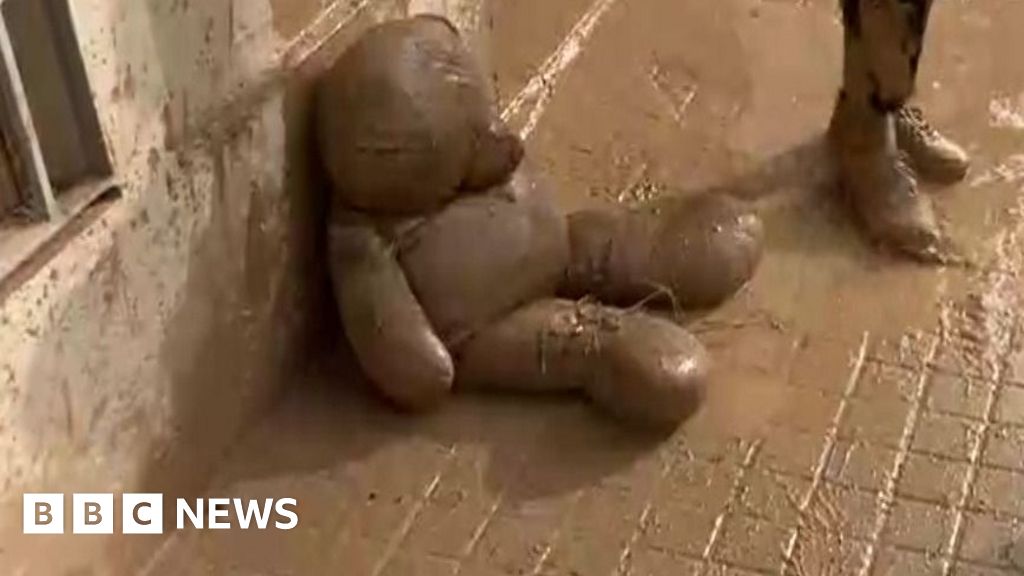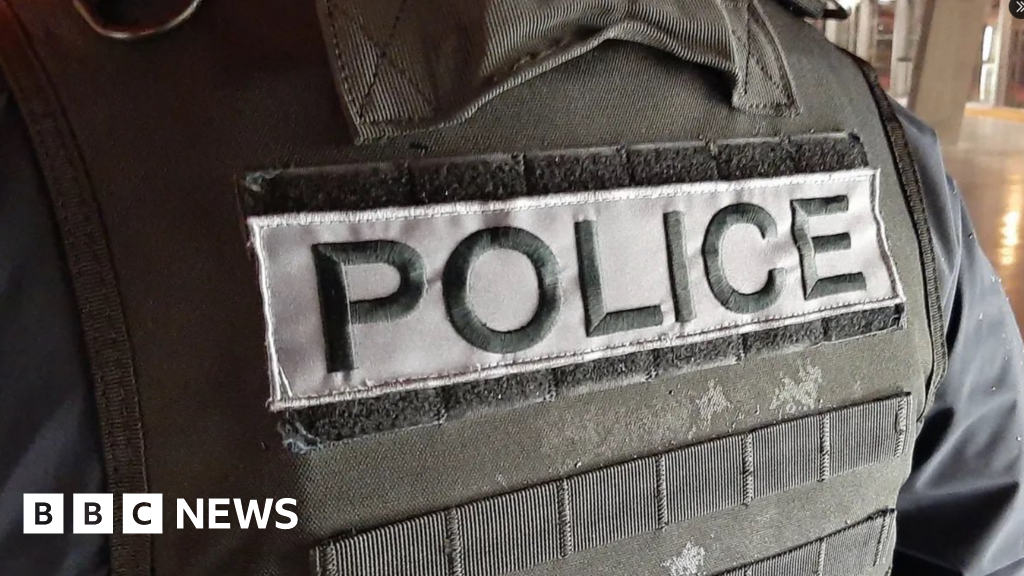ARTICLE AD BOX
 Image source, Reuters
Image source, Reuters
Local children watch firefighting efforts amid heavy smoke from the Eagle Bluff wildfire
Evacuations were ongoing on both sides of the US-Canada border as dangerous wildfires continue to spread in the Pacific Northwest.
US residents near Oroville in Washington state were told to leave their homes on Sunday to escape the Eagle Bluff fire.
An evacuation was also ordered in the Canadian town of Osoyoos.
Three firefighters have died during Canada's worst wildfire season on record.
The American Red Cross said it set up an evacuation centre in Oroville, a town of nearly 1,700 people about four miles (6.4 km) south of the border.
Osoyoos in British Columbia is a town of about 5,500 people about two miles (3.2 km) north of the border.
The fire caught some tourists off guard, including Walter Wells and his wife, who were celebrating their 25th wedding anniversary.
"Coming over the ridge on the mountain south of Osoyoos was this huge line of orange," Mr Wells told the Vancouver Sun. "Winds were blowing, it raced towards Osoyoos, trees were exploding, bursting into flame."
This Twitter post cannot be displayed in your browser. Please enable Javascript or try a different browser.View original content on Twitter
The BBC is not responsible for the content of external sites.
More than 1,000 wildfires are currently burning across Canada, and 664 are classed as "out of control", according to the Canadian Interagency Forest Fire Centre.
A third of the fires are alight in British Columbia, the country's westernmost province.
Fires in eastern Canada blew huge clouds of smoke over heavily populated areas and significantly worsened air quality in eastern and central North America earlier in the year.
Among the three firefighters who have died while tackling the blazes was a 25-year-old who died on Friday in north-eastern British Columbia.
"I am heartbroken that another firefighter was lost protecting our communities and our province during this devastating wildfire season," said Bruce Ralston, the province's forests minister.
So far this season, Canadian wildfires have burned more than 31 million acres of land - more than the area of Cuba.
July is set to be declared the world's warmest month on record, according to scientists, and some experts think it could be the warmest month in 120,000 years.
Climate change increases the risk of the hot, dry weather that is likely to fuel wildfires.
Watch: The 'world's hottest month' explained... in 60 seconds

 1 year ago
58
1 year ago
58









 English (US)
English (US)